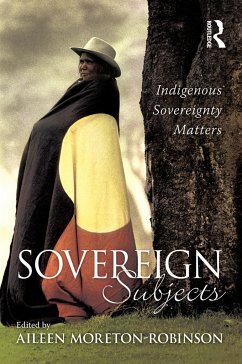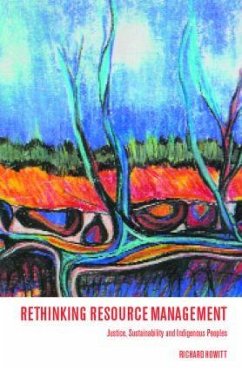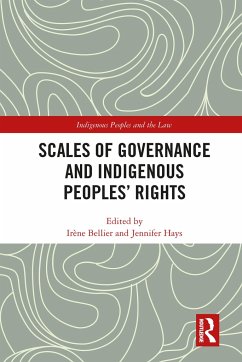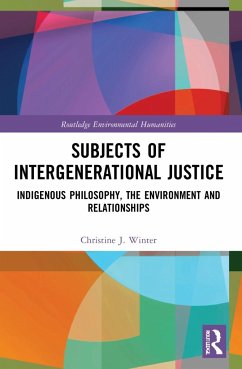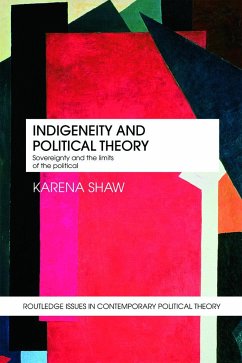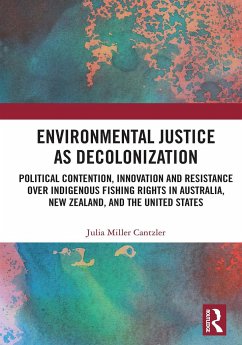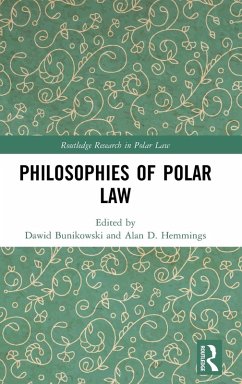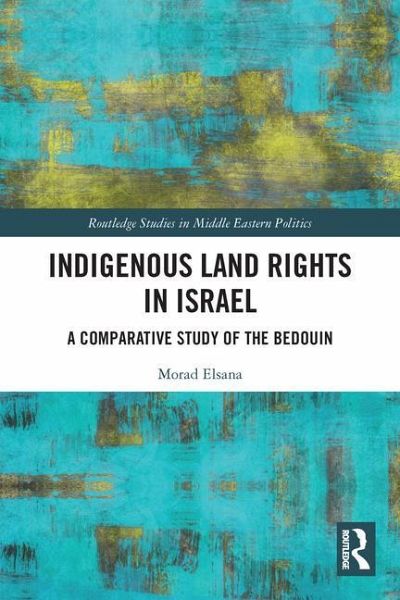
Indigenous Land Rights in Israel
A Comparative Study of the Bedouin
Versandkostenfrei!
Versandfertig in 6-10 Tagen
42,99 €
inkl. MwSt.
Weitere Ausgaben:

PAYBACK Punkte
21 °P sammeln!
Introducing the Negev-Bedouin land issue from the international indigenous land rights perspective, this comparative study suggests options for the recognition of their land. The book demonstrates that the Bedouin land dispossession, like many indigenous peoples', progressed through several phases that included eviction and displacement, legislation, and judicial decisions that support acts of dispossession and deny the Bedouin's traditional land rights.Examining the Mawat legal doctrine on which the State and the Court rely on to deny Bedouin land rights, this volume introduces the relevant i...
Introducing the Negev-Bedouin land issue from the international indigenous land rights perspective, this comparative study suggests options for the recognition of their land. The book demonstrates that the Bedouin land dispossession, like many indigenous peoples', progressed through several phases that included eviction and displacement, legislation, and judicial decisions that support acts of dispossession and deny the Bedouin's traditional land rights.
Examining the Mawat legal doctrine on which the State and the Court rely on to deny Bedouin land rights, this volume introduces the relevant international law protecting indigenous land rights and shows how the limitations of this law prevent any meaningful protection of Bedouin land rights. In the second part of the work, the Aborigines' land in Australia is introduced as an example of indigenous peoples' successful struggle for their traditional land rights. The final chapter analyzes the basic elements of judicial recognition of the land and shows that the basic elements needed for Bedouin land recognition exist in the Israeli legal system.
Proposing practical recommendations for the recognition of Bedouin land, this volume is a key resource to scholars and students interested in land rights, international law, comparative studies, and the Middle East.
Examining the Mawat legal doctrine on which the State and the Court rely on to deny Bedouin land rights, this volume introduces the relevant international law protecting indigenous land rights and shows how the limitations of this law prevent any meaningful protection of Bedouin land rights. In the second part of the work, the Aborigines' land in Australia is introduced as an example of indigenous peoples' successful struggle for their traditional land rights. The final chapter analyzes the basic elements of judicial recognition of the land and shows that the basic elements needed for Bedouin land recognition exist in the Israeli legal system.
Proposing practical recommendations for the recognition of Bedouin land, this volume is a key resource to scholars and students interested in land rights, international law, comparative studies, and the Middle East.





